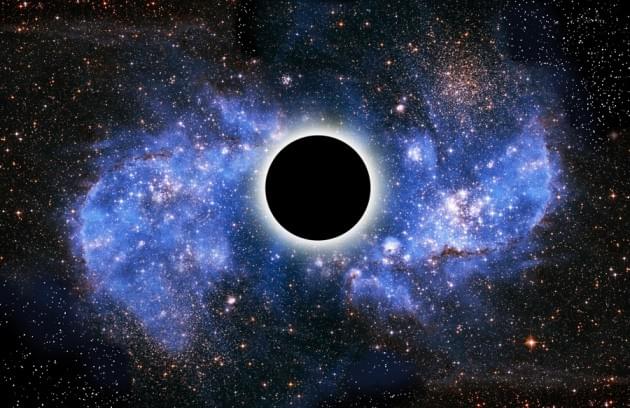Circa 2014
Scientists have come closer than ever before to creating a laboratory-scale imitation of a black hole that emits Hawking radiation, the particles predicted to escape black holes due to quantum mechanical effects.
The black hole analogue, reported in Nature Physics1, was created by trapping sound waves using an ultra cold fluid. Such objects could one day help resolve the so-called black hole ‘information paradox’ — the question of whether information that falls into a black hole disappears forever.
The physicist Stephen Hawking stunned cosmologists 40 years ago when he announced that black holes are not totally black, calculating that a tiny amount of radiation would be able to escape the pull of a black hole2. This raised the tantalising question of whether information might escape too, encoded within the radiation.
